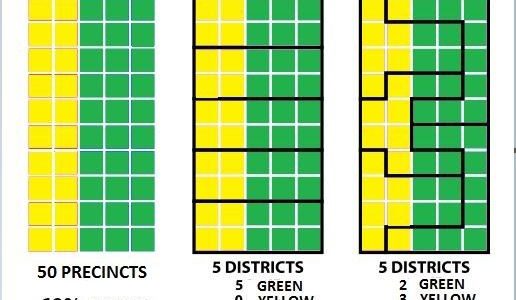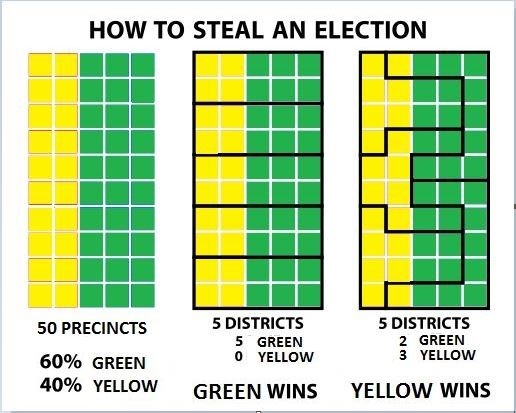There is, among the set who truly believe that we would all be happier, healthier, better-off people by abolishing cars and just riding bikes everywhere, an inconvenient truth.
See because it’s beyond dispute that commuter culture is killing us. Americans burn 5.9 billion gallons of fuel, every day, sitting in traffic. We spent 38 hours a year just getting to and from work, 80% of American adults get less exercise than they should, and there’s an ever inrcreasing risk that as our national roads infrustructure crumbles around us that it will literally crumble beneath us.
A rational person looks at the efficiency of the bicycle, the time saving benefits of combining exercise and commuting, the sheer horror of sitting in traffic, and concludes that yes obviously riding a bike is better than driving for pretty much every application that we really encounter from day to day. It is more affordable, faster, healthier, and arguably safer. But that person fails to recognize what we, those advocates for bicycle travel, collectively fail to consider.
Gasoline is awesome. Cars are great.
Seriously.
Fossil fuels store an unbelievable amount of energy, and you can just carry it around with you. For a few bucks, you can cruise in absolute, climate controlled comfort for hundreds of miles without every having to stand up on your own. There are buttons so that you don’t even need to use your feet. Soon you’ll be able to sit in the back while Siri just drives for you. It really is incredible.
The central challenge in addressing the public health issue of car culture isn’t a new one. Gas is awesome. So is nicotine.
The anti-smoking movement has been reasonably successful, although it wasn’t easy. Adult American smokers have dropped from 40% of the population in the 1960s to less than 20% today. This happened in the face of overwhelming scientific evidence that cigarettes cause cancer and an unprecedented effort by the tobacco industry to convince us that it’s fine (almost sounds like climate change, doesn’t it?).
But the conversation focused primarily on health and the social pressures that drive people to pick up smoking in the first place. Ad campaigns focused on peer pressure and tried to dismantle the notion that smoking makes a person cool, all while ignoring the essential fact that at the end of the day, nicotine makes you feel really, really, good.
The admission that smoking really does help with weight loss, increase energy and heighten focus adds credibility to claims that the costs outweigh the benefits. Simply saying there’s no reason to smoke is demonstrably untrue.
It’s the same deal with cars. They really are great. You can carry a ton of stuff without doing anything. You can sit comfortably and teleport to work. You can just roll up the windows when the scary guy at the red light tries to sell you a StreetWise.
Cars are great the same way that nicotine and chocolate fudge are great. They serve a real purpose and make us feel good. But that’s the thing about being an adult. At some point we’re supposed to recognize that what tastes good isn’t necessarily good for us. You wouldn’t feed your kid fudge and a pack of Newports for dinner, so why would you drive them to school every day?
Like







